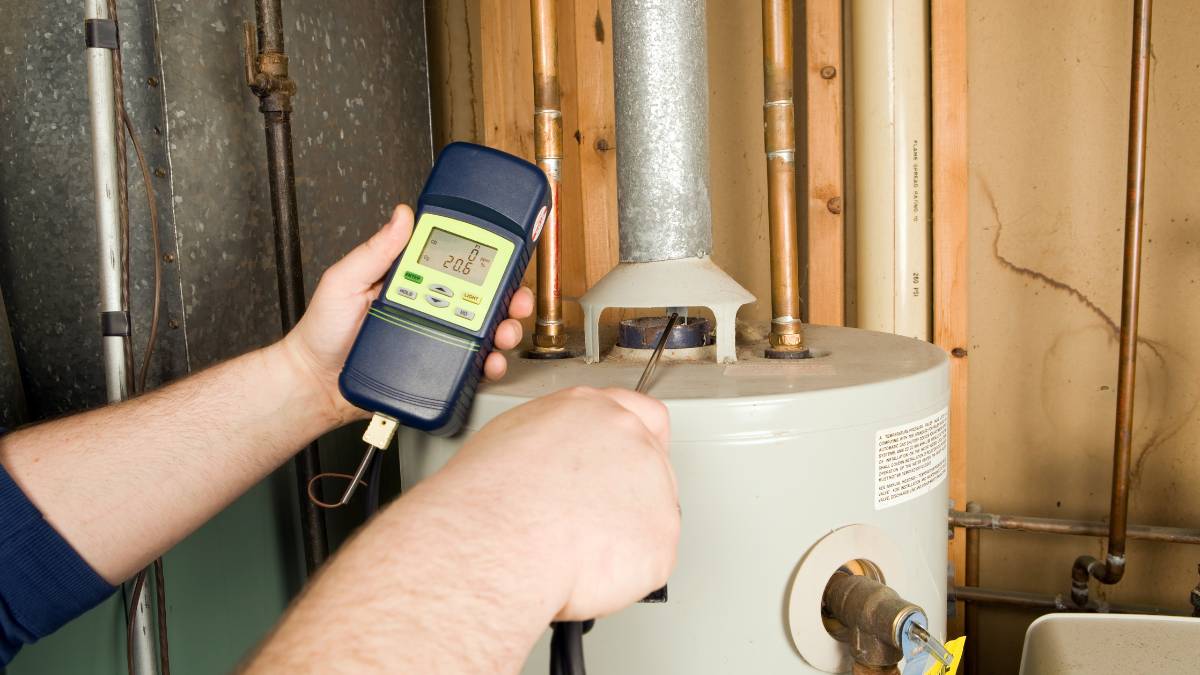Last Updated on February 9, 2024 by Kravelv Spiegel
Effective operation of water heaters relies heavily on a steady and sufficient electrical power supply. This article delves into the significance of electrical load analysis in water heaters, exploring the crucial steps in ensuring that these essential appliances receive the power they need for optimal performance.
1. Understanding Electrical Load:
Definition:
Electrical load signifies the power consumption of an electrical device, measured in watts. Given that water heaters are high-power appliances, it is imperative to conduct a meticulous analysis to guarantee they receive the essential electrical supply, especially when considering urgent electrical repair in Albany NY.
Types of Loads:
Water heaters contribute to both resistive and reactive loads. Understanding these distinctions is critical to managing the electrical system effectively.
2. Factors Influencing Water Heater Load:
Heater Type:
Different water heaters, such as tankless or storage tank heaters, have varying power requirements. Analyzing the specific type is essential for accurate load assessment.
Capacity:
The heating capacity of a water heater directly influences its electrical load. Larger units or those with higher heating capacities generally require more power.
3. Conducting Electrical Load Analysis:
Consultation with Professionals:
Engaging with electrical experts, including 24-hour electricians, ensures a thorough and accurate load analysis. Professionals can assess the existing electrical system and recommend necessary upgrades.
Voltage and Current Requirements:
Evaluating the voltage and current requirements of the water heater is fundamental. This includes understanding the heater’s power rating and checking if the electrical system can accommodate it.
4. Upgrading Electrical Systems:
Panel Capacity:
If the existing electrical panel has limited Capacity, an upgrade may be necessary to handle the increased load of a water heater. This is a critical step in preventing overloading and potential hazards.
Wiring and Circuits:
Adequate wiring and properly configured circuits are crucial for supporting the load of water heaters. Professionals can assess and upgrade these components to ensure safety and efficiency.
5. Load Balancing Strategies:
Distributing Loads:
Implementing load-balancing strategies ensures that the electrical system distributes power evenly among various appliances. This prevents overloading specific circuits and enhances overall system stability.
Smart Load Management Systems:
Utilizing innovative load management systems can optimize power distribution, allowing for dynamic adjustments based on real-time demands. This enhances energy efficiency and reduces the risk of electrical issues.
6. Regular Maintenance and Monitoring:
Scheduled Inspections:
Regular inspections by certified professionals help identify potential issues with the electrical system, preventing disruptions to water heater operation.
Monitoring Power Consumption:
Utilizing intelligent monitoring systems can monitor power consumption patterns, facilitating proactive maintenance and averting unforeseen electrical failures, a critical aspect when considering water heater maintenance near me.
Conclusion:
Electrical load analysis is paramount in ensuring that water heaters receive the necessary power for reliable and efficient operation. Businesses and homeowners benefit from consulting with professionals, including 24-hour electricians, to conduct thorough analyses, upgrade electrical systems as needed, and implement intelligent load management strategies. By prioritizing these considerations, individuals can safeguard their water heaters, promote energy efficiency, and ensure a consistent and safe hot water supply.

